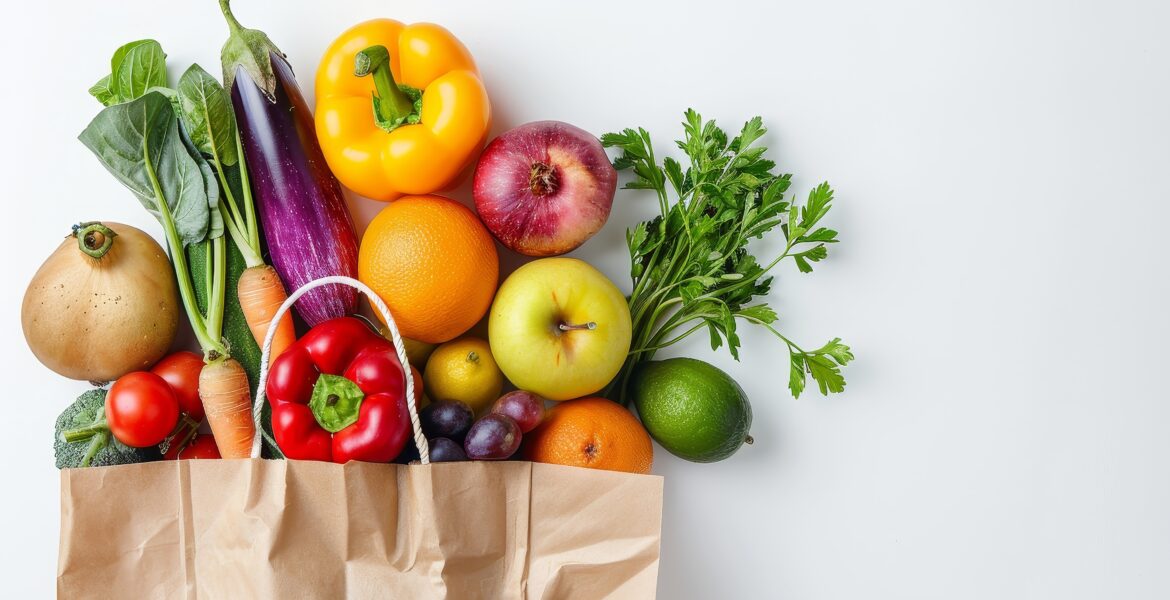Developing a healthy relationship with food can be a complex endeavor. We are constantly bombarded with mixed messages about what to eat, when to eat, and how much to eat. This can create confusion and stress around food, making it difficult to maintain a balanced approach to eating. However, with mindful practices and a shift in perspective, you can foster a positive, nourishing relationship with food that benefits both your body and mind.
Understand Your Relationship With Food
The first step to developing a healthier relationship with food is to understand your current habits and attitudes. Take some time to reflect on the following questions:
- Do you eat when you’re not hungry?
- Do you feel guilty after eating certain foods?
- Do you use food as a reward or punishment?
- Do you often diet or restrict certain foods?
Answering these questions honestly can help you identify patterns and triggers that may be impacting your relationship with food. Remember, the goal is to understand, not to judge yourself. Recognizing your habits is the first step towards change.
Embrace Mindful Eating
Mindful eating is a powerful tool that can transform your relationship with food. It involves paying full attention to the experience of eating and enjoying your food without distraction. Here are some tips to get started:
Slow Down
Take your time when eating. Chew your food thoroughly and savor each bite. Eating slowly can help you tune into your body’s hunger and fullness signals, preventing overeating and promoting digestion.
Engage Your Senses
Notice the colors, textures, and aromas of your food. Appreciate the effort that went into preparing your meal. Engaging your senses can enhance your eating experience and help you feel more satisfied.
Listen to Your Body
Pay attention to your body’s cues. Eat when you’re hungry and stop when you’re full. This may sound simple, but it can be challenging in a world where we often eat out of habit or emotion. Practice tuning into your body’s natural signals and trust them.
Challenge Negative Thoughts
Negative thoughts about food and body image can be detrimental to your well-being. Challenge these thoughts by replacing them with positive affirmations. For example, if you catch yourself thinking, “I shouldn’t eat this; it’s bad for me,” reframe it as, “I can enjoy all foods in moderation.”
Focus on Nourishment, Not Restriction
A healthy relationship with food is based on nourishment rather than restriction. Instead of focusing on what you can’t have, focus on what you can add to your diet to nourish your body. Incorporate a variety of fruits, vegetables, whole grains, lean proteins, and healthy fats. This approach promotes a balanced diet without feelings of deprivation.
Practice Self-Compassion
It’s important to be kind to yourself on this journey. Developing a healthy relationship with food takes time and effort, and there will be setbacks. Practice self-compassion by treating yourself with the same kindness and understanding you would offer a friend. Remember, it’s okay to enjoy a treat now and then without guilt.
Ditch the Diet Mentality
Diets often promote a cycle of restriction and bingeing, which can harm your relationship with food. Instead of dieting, focus on long-term, sustainable changes that support your overall health and well-being. Aim for balance, variety, and moderation in your eating habits.
Find Joy in Movement
Exercise should be a source of joy, not a punishment for eating. Find activities that you enjoy and make you feel good. This could be anything from dancing to yoga to hiking. Regular physical activity can improve your mood, boost your energy levels, and enhance your overall relationship with your body and food.
Seek Support
If you’re struggling to develop a healthier relationship with food, don’t hesitate to seek support. A registered dietitian, therapist, or support group can provide guidance and encouragement on your journey. Sometimes, having someone to talk to can make all the difference.
Developing a healthier relationship with food is a journey that requires patience, self-reflection, and practice. Celebrate your successes and learn from your setbacks. With time and effort, you can build a healthy, happy relationship with food that nourishes both your body and soul.







